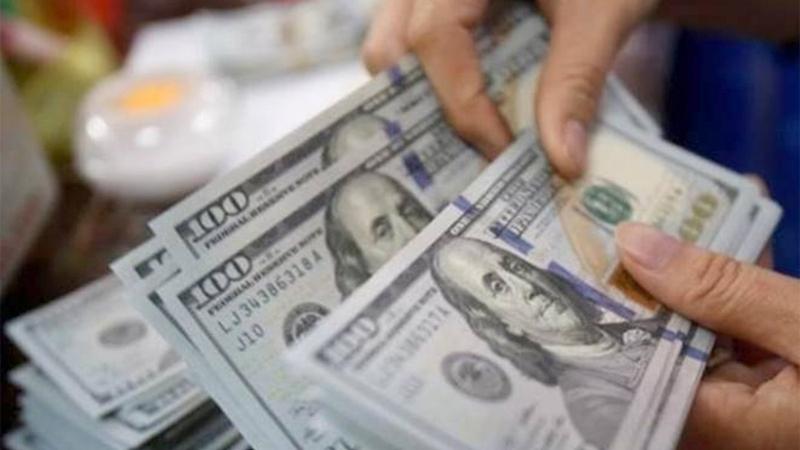
As the foreign exchange crisis worsens by the day leaving large and small businesses alike in the lurch with sourcing raw materials and sustaining operations becoming an impossible task, economists called on lawmakers to look at long term solutions having a larger picture of the issue before them.
Economists said with the rapidly dwindling foreign exchange to around USD 2.3 billion adequate to service a couple of months imports ad hoc and short term policy measures wouldn’t suffice to get over an unprecedented economic crisis.
Professor in Economics, University of Colombo, Sirimal Abeyratne queried how could the policymakers solve a long-term crisis with short-term solutions? They need short-term and long-term policy measures to tackle a larger problem.
Short-term policy measures cannot solve the problem, but they would only help to postpone the problem by going in for bilateral or multilateral borrowing, and ease the problem by restructuring debt.
“These can be complemented with a few more sources of dollar earnings such as tourism, remittances and a couple of foreign investment projects. It is a pity that we refused the MCC grant and the LRT project those days,” he said.
“However, while undertaking these short-term measures, the country needs a long term recovery program aimed at export growth, public finance and privatisation. None of them work in full scale, unless and until we improve the rule of law which is the foundation of any economic progress,” Prof. Abeyratne said.
Former Central Bank Deputy Governor Dr. W.A. Wijewardena said since Sri Lanka’s foreign reserves have now fallen to a very critical low level and prospects of recouping the falling reserves are very remote, it is already too late for the country to adopt a reasonably prudent policy package.
What is happening now is that day-by-day, the list of goods in short supply is increasing and more queues are being formed. When you keep a person in a queue to deliver an essential item to him, you lose the labour services which he would have provided.
It affects the country’s production capacity very badly. When forex shortage is high and essential goods are in short supply, naturally black market activities in both start taking place. It also prompts people to make wild speculation about the exchange rate which may not be based on rational thinking; but there is a likelihood that the rate would fall to those levels.
On the contrary, Central Bank Governor Ajith Nivard Cabraal asked how could there be a large volume of imports last year if there was a major shortage of dollars as projected by certain segments.
Last year, total imports were USD 21 billion, while in January this year goods worth USD 2.1 billion worth were imported. This figure is an all-time high, Cabraal said, adding that the business community has been importing heavily resulting in certain pressure being exerted on the demand for foreign exchange.
The Central Bank Governor said that the country has the required foreign exchange and added that it would honour all debt obligations this year and in the years to come.
The total outstanding sovereign bonds amount to around US$ 12.55 bn with $1bn of the bonds maturing in July this year.
